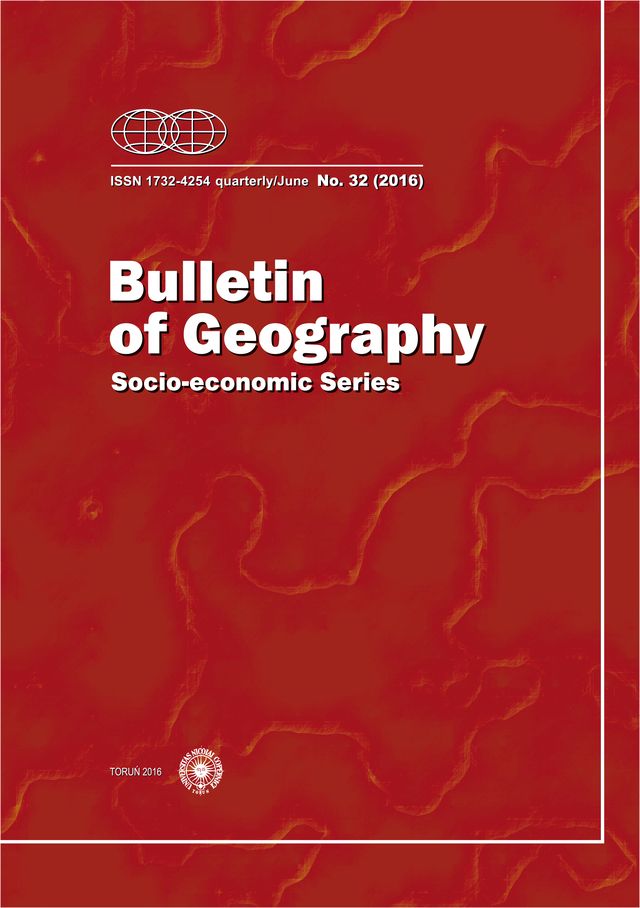A Császári és Királyi Haditengerészet „csatahajói” az első világháborúban
Author(s): Ferenc Kaiser / Language(s): Hungarian
/ Issue: 3/2014
In 1890, the Austro-Hungarian Monarchy was not considered a naval power, the small fleet of the Imperial and Royal Navy consisted primarily of outdated, obsolete ships built mostly abroad or from parts made abroad. By 1914, however, the situation had changed considerably. When the Great War broke out, the Austro-Hungarian navy ranked as the seventh most powerful naval force in the world – trailing the British, German, American, French, Japanese and Italian fleets, but preceding the Russian –, with its most state-ofthe- art units built in local shipyards almost exclusively from local raw materials and industrial goods. The “battleship program” of the Imperial and Royal Navy was especially spectacular: in the beginning smaller, lightly armed ships of the line, essentially utilizable as coast-guard vessels only, were manufactured, but in the years before the war, real state-ofthe- art heavy units such as the Radetzky class semi-dreadnought battleships and the Tegetthoff-class warships were built. At the outbreak of the great war, the Imperial and Royal Navy was meant to carry out offensive tasks according to the naval plans accepted by the Triple Alliance in 1913. But Italy's neutrality transformed completely the strategic balance of power in the Mediterranean, as a result of which the Austro-Hungarian navy got stuck in the Adriatic Sea, and the heaviest ships – partly because of the threat by torpedo boats, submarines and mine fields, partly because of the chronic lack of coal – saw little action. There were only four larger operations in which they participated in great numbers: one in 1914 and 1915, respectively, and two in 1918. It is revealing that only on one occasion did the heaviest units open fire on the enemy.
More...

